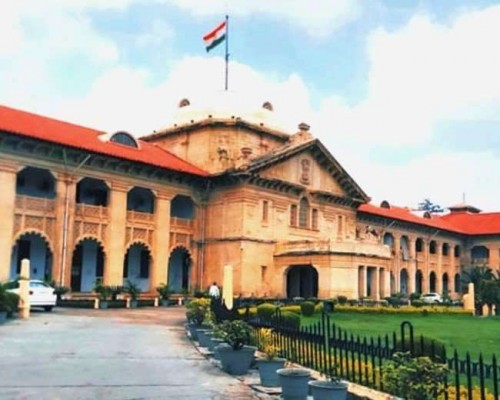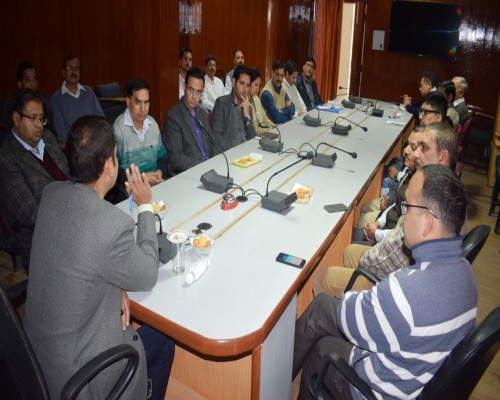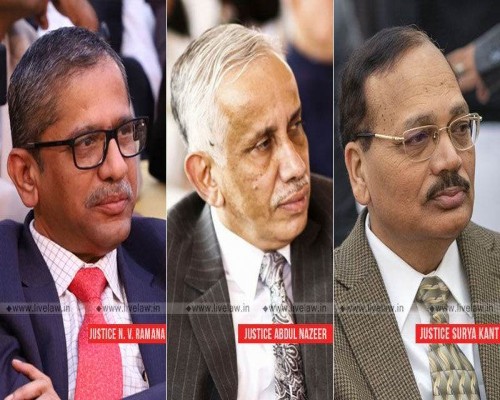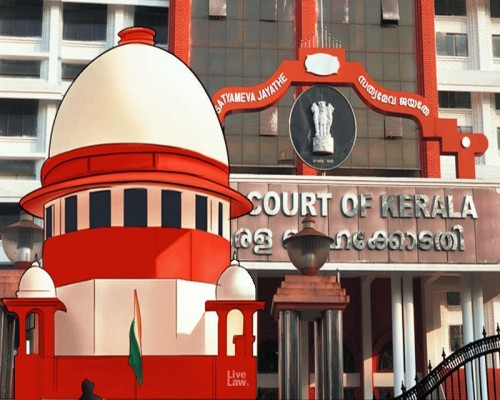Labour Law and Employment News
Labour Law and Employment News
The law relating to labour and employment in India is primarily known under the broad category of "Industrial Law". Industrial law in this country is of recent vintage and has developed in respect to the vastly increased awakening of the workers of their rights, particularly after the advent of Independence. Industrial relations embrace a complex of relationships between the workers, employers and government, basically concerned with the determination of the terms of employment and conditions of labour of the workers. Escalating expectations of the workers, the hopes extended by Welfare State, uncertainties caused by tremendous structural developments in industry, the decline of authority, the waning attraction of the work ethics and political activism in the industrial field, all seem to have played some role.
Historical Background
The history of labour legislation in India is naturally interwoven with the history of British colonialism. The industrial/labour legislations enacted by the British were primarily intended to protect the interests of the British employers. Considerations of British political economy were naturally paramount in shaping some of these early laws. The earliest Indian statute to regulate the relationship between employer and his workmen was the Trade Dispute Act, 1929 (Act 7 of 1929). Provisions were made in this Act for restraining the rights of strike and lock out but no machinery was provided to take care of disputes.
The original colonial legislation underwent substantial modifications in the post-colonial era because independent India called for a clear partnership between labour and capital. The content of this partnership was unanimously approved in a tripartite conference in December 1947 in which it was agreed that labour would be given a fair wage and fair working conditions and in return capital would receive the fullest co-operation of labour for uninterrupted production and higher productivity as part of the strategy for national economic development and that all concerned would observe a truce period of three years free from strikes and lockouts. Ultimately the Industrial Disputes Act (the Act) brought into force on 01.04.1947 repealing the Trade Disputes Act 1929 has since remained on statute book.
Object of the Act
The Industrial Disputes Act, 1947, is, therefore, the matrix, the charter, as it were, to the industrial law. The Act and other analogous State statutes provide the machinery for regulating the rights of the employers and employees for investigation and settlement of industrial disputes in peaceful and harmonious atmosphere by providing scope for collective bargaining by negotiations and mediation and, failing that, by voluntary arbitration or compulsory adjudication by the authorities created under these statutes with the active participation of the trade unions. With the aid of this machinery, industrial law covers a comprehensive canvas of state intervention of social control through law to protect directly the claims of workers to wages, bonus, retiral benefits such as gratuity, provident fund and pension, claims, social security measures such as workmen’s compensation, insurance, maternity benefits, safety welfare and protection of minimum of economic well-being. Job security has been particularly protected by providing industrial adjudication of unfair discharges and dismissals and ensuring reinstatement of illegally discharged or dismissed workmen. Protection has gone still further by laying down conditions of service in specified industries and establishments and limiting the hours of work. By and large, all these subjects are "connected with employment or non-employment or terms of employment or with the conditions of labour" of industrial employees. In other words, these matters are the subject matter of industrial disputes, which can be investigated and settled with the aid of the machinery provided under the Act or analogous State statutes.























